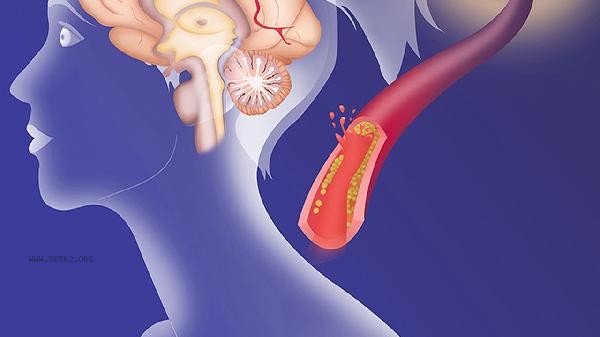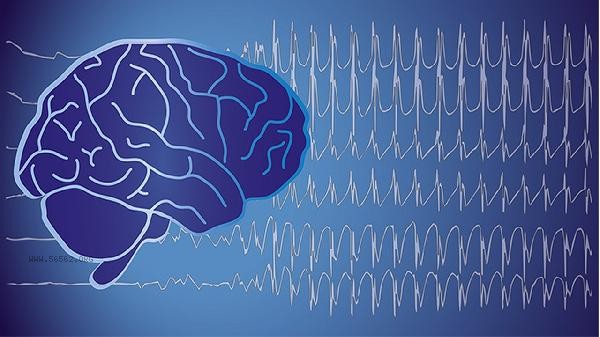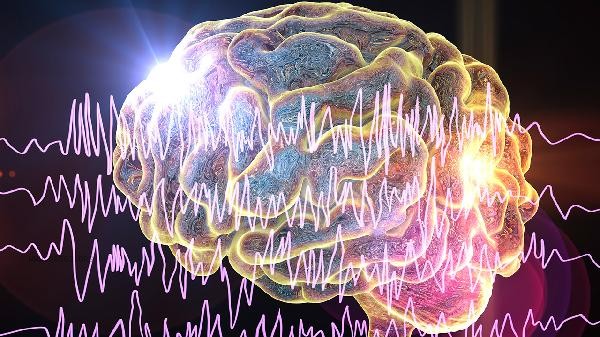The lack of clarity in the brain may be caused by insufficient sleep, excessive stress, malnutrition, dehydration, and insufficient blood supply to the brain. It can be alleviated by adjusting daily routines, psychological regulation, supplementing nutrition, increasing water intake, moderate exercise, and other methods.

1. Lack of sleep
Long term staying up late or poor sleep quality can lead to the accumulation of metabolic waste in the brain, affecting the function of brain cells. Adults require 7 to 9 hours of deep sleep per day, and insufficient rapid eye movement sleep can significantly reduce cognitive flexibility. It is recommended to set a fixed bedtime and avoid using electronic devices before bedtime to create a dark and quiet sleeping environment. Short term sleep deprivation can partially restore alertness through a 20 minute nap.
2. Excessive stress
Chronic stress leads to sustained elevation of cortisol and damage to hippocampal neuronal connections. Working memory and decision-making ability decrease with increasing levels of stress hormones. Mindfulness meditation can reduce amygdala activity, and 10 minutes of breathing exercises per day can improve attention. Establish a work break system with 5-minute stretching exercises every 90 minutes.
3. Malnutrition
Lack of vitamin B, iron, or high-quality protein can affect neurotransmitter synthesis. Brain tissue requires a stable supply of blood sugar, and excessive dieting can lead to cognitive decline. Increase the intake of deep-sea fish, nuts, and dark vegetables, and supplement with omega-3 fatty acids and antioxidants. Avoid cognitive impairment caused by high sugar diets due to blood glucose fluctuations.

4. Dehydration
The brain has a water content of 75%, and mild dehydration can lead to decreased attention and fatigue. The daily water intake should reach 30 milliliters per kilogram of body weight, and additional supplementation is required after exercise. It is better to observe that the color of urine is light yellow, and drinking light salt water containing electrolytes is more easily absorbed than pure water. Limit the intake of caffeinated beverages to prevent diuretic effects.
5. Cerebral ischemia
Cervical spondylosis or hypotension may lead to insufficient blood supply to the vertebral basilar artery. Manifested as morning dizziness with blurred vision, which may be related to orthostatic hypotension. Perform neck exercises to improve blood circulation and avoid sudden getting up. If there is persistent headache or balance disorder, cerebrovascular disease should be investigated, and transcranial Doppler ultrasound can evaluate blood flow velocity.

Regular aerobic exercise can promote the secretion of brain-derived neurotrophic factor, and brisk walking or swimming for 30 minutes three times a week has a significant effect. Learning new skills can stimulate synaptic regeneration. It is recommended to practice musical instruments or learn language. Indoor planting of green plants helps to increase the oxygen content in the air, and the light intensity in the work area should be maintained above 500 lux. If the symptoms persist for more than two weeks and are accompanied by memory loss, thyroid function examination and electroencephalogram monitoring should be performed.








Comments (0)
Leave a Comment
No comments yet
Be the first to share your thoughts!